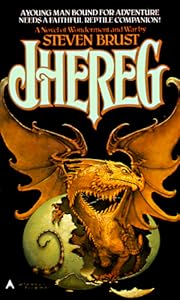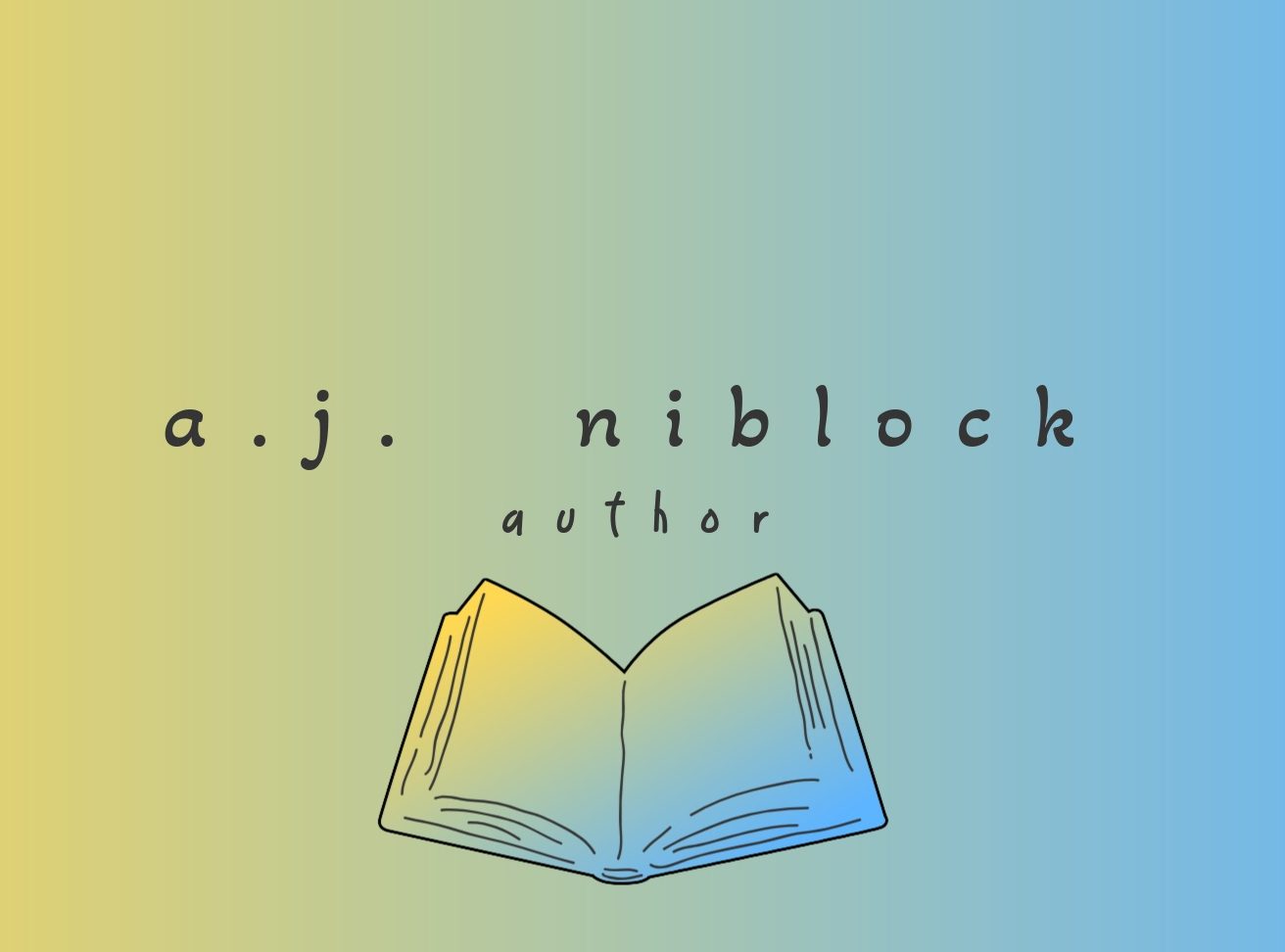
This review is going to cover the first two books of the Vlad Taltos series.

I picked these books up because my brother in law always raves about them. I think these might be some of his favorite fantasy books, and now that I’ve read two of them, I get why.
I can’t tell you if the series stays good throughout because I’ve only read the first two so far, but I want to tell you what I like about the series in general and then I’ll get to talking about each book.
To start with, the series is great because it is not your typical fantasy novel. Many fantasy authors feel the need to write massive tomes that involve histories and back stories until you can’t remember who’s who and what’s what. This series doesn’t do that. In fact, Brust spends next to no time explaining what happened in the first book while you’re reading the second. I think this keeps the pacing of the book and doesn’t bog you down with unnecessary details.
Another thing I like about this series is that even though there is a dragon in the book, the whole world doesn’t revolve around the dragon. Some fantasy novels make the dragons more interesting than the people who are with them. That is not necessarily a bad thing, I really love the Temeraire series, but this series is different and that’s a nice thing – variety is good, especially in a genre that can be formulaic at times.
A third reason I enjoyed these books is that the main character is a bad guy. He is an assassin, which means he is technically bad, but he is also the hero and the guy you root for. This is not the first series to focus on an assassin or the first to make you empathize with a bad guy, but I just like that he is not all goody-goody.
Now, for the first book – Jhereg. This is the first book in the series so there is a bit of history included just to make the readers more familiar with the world that Brust is creating. However, as I said before, he doesn’t bog you down with this. The one part of back story that I wanted explained a bit more was about the different races of the world. There are 17 races from what I can tell and the first book only discusses a few of them. I assume the others come up later on in the series, but still I wanted to know what they were.
The pacing of the novel is fast. The best way I can think to explain the pace of this book is that it felt like watching an episode of a show rather than watching a full length movie. Does that make sense? Basically, I feel like there is more to come.
The characters are really great and well-rounded. The main character is Vlad Taltos and he is very complex. Is he good? Is he bad? I feel like there is a lot more to him and that alone makes me want to read the rest of the books.
As for the second book, Yendi, it actually takes place before the first book chronologically. When I first started reading it took me a couple of chapters to catch that. I wasn’t expecting the second book of the series to jump back in time, and the story of Yendi tells us even more about how Vlad became who he is without feeling like you are reading one long flash back.
I admit that I also like that all of my favorite characters are back, especially Vlad’s dragon (humanoids, not lizards) friends.
Again the book feels like an episode of a much longer story yet to be told. I can’t wait to read more of these books.
If you are looking for a quick read from the fantasy genre, I would recommend these. Also, if you don’t love fantasy that is like 8000 pages long, these are quick reads that give you great stories.








![writers-block-clips-monster-boredom-humor-demotivational-posters-1326515804[1][1]](https://amandaniblock.files.wordpress.com/2013/10/writers-block-clips-monster-boredom-humor-demotivational-posters-132651580411.jpg?w=825&h=950)